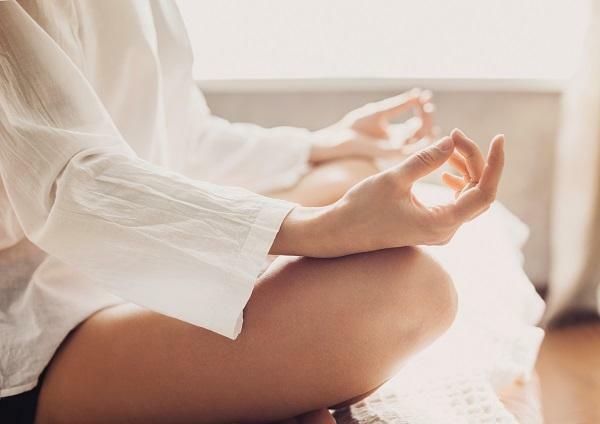
The society in which we live puts our body and mind to high levels of stress and anxiety. This is reflected in the fact that today a large part of mental health consultations are due to stress-related disorders. Such stress levels have negative effects on the immune system and health in general.
The relaxation techniques for adults They are helpful tools for coping with stress and promoting long-term health by slowing down the body and calming the mind. In this Psychology-Online article, we show you some of the best relaxation techniques for adults.
The relaxation techniques for adults generally involve: redirecting attention (focusing attention on areas of tension), increasing body awareness and exercises (such as meditation) with the goal of connecting body and mind... Used daily, they can lead to a healthier outlook under stressful circumstances. In fact, there are numerous studies showing the beneficial effects of relaxation on health and benefits of meditation for the brain.
Relaxation exercises for stress
When we are stressed, our body prepares for a flight response. This response produces changes that prepare the body to fight or run. These changes include an increase in heart rate, blood pressure, breathing rate, and the amount of blood being pumped to the muscles. Over time, these reactions raise cholesterol levels, alter bowel activities, and depress the immune system. In general, these changes make us feel "stressed."
However, we also possess the opposite of the flight response, the “relaxation response”. This term refers to the changes that take place in the body when we are in a state of relaxation. These changes include a decrease in blood pressure, heart rate, muscle tension, and breathing rate, as well as a feeling of calm and control.
Learning the relaxation response helps counteract the negative effects of the flight response and, over time, allows the development of a greater state of alert. The relaxation response can be developed through a number of techniques, such as meditation and progressive muscle relaxation. It is now a recommended treatment for many stress-related disorders.

Research on the biopsychosocial effects of relaxation exercises[1] suggests that meditation can help quality of life and reduce stress levels. There are also studies that suggest that relaxation techniques reduce the perception of pain.
In general, different studies have shown that, with continued and consistent practice, relaxation techniques and exercises can reduce symptoms or improve the following conditions:
- Stress
- Premenstrual syndrome
- Pain
- Irritable bowel syndrome
- Anxiety
- Infertility
- Hypertension
- High cholesterol
- Diabetes
- Panic disorder
- Chronic tension headaches
- Fibromyalgia
- Insomnia
- Psoriasis
- Arthritis
- Hyperactivity
In many of these conditions relaxation techniques are used as a complement to treatment pharmacological and usual medical care.
This article is merely informative, in Psychology-Online we do not have the power to make a diagnosis or recommend a treatment. We invite you to go to a psychologist to treat your particular case.
